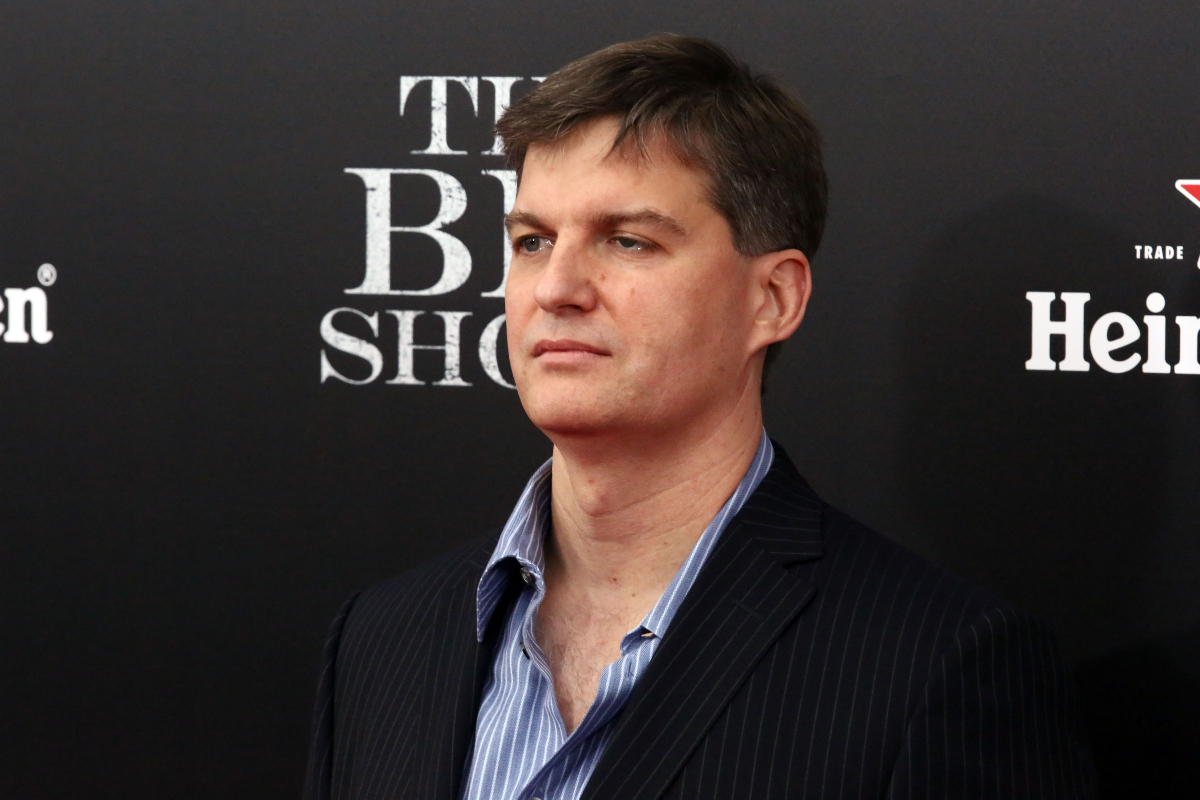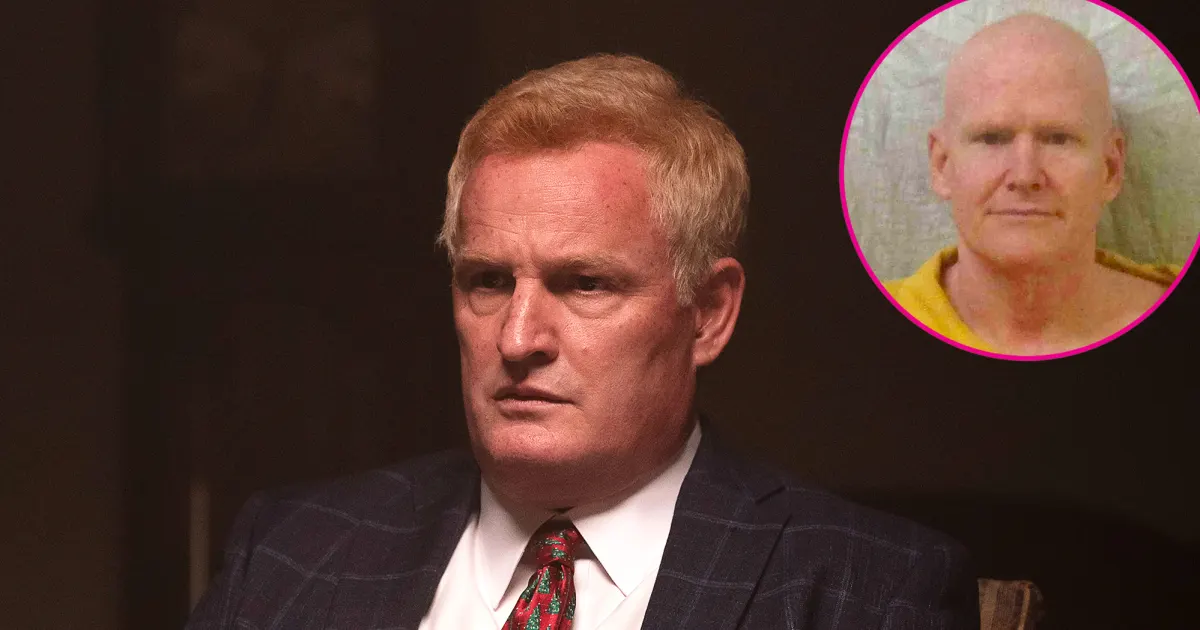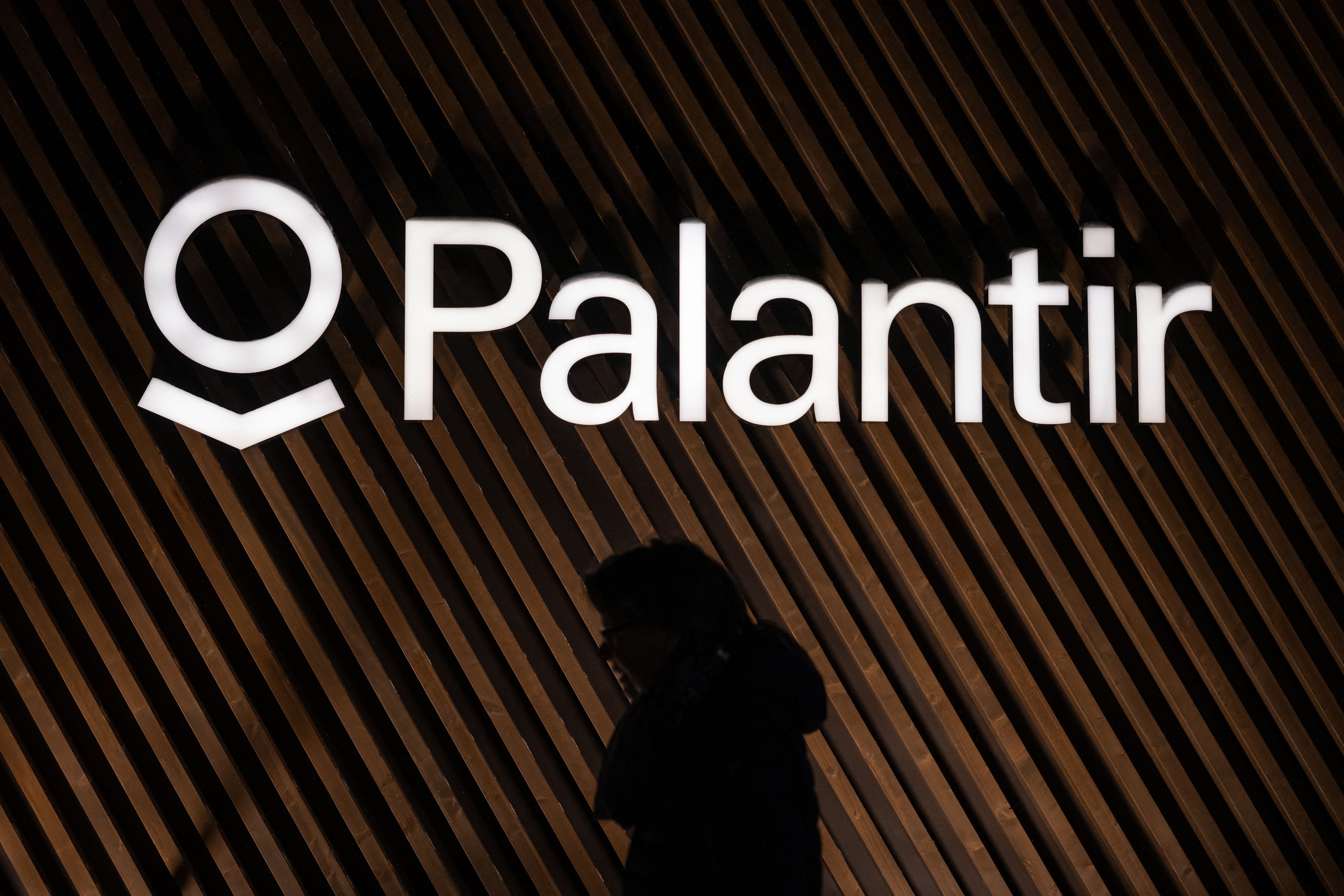Copyright cityam

American tech stocks fell sharply on Tuesday after a hedge fund manager famed for predicting the Global Financial Crisis revealed he had taken out a billion-dollar bet against some of the world’s largest artificial intelligence companies. Michael Burry, the star stock picker whose decision to short the property market was depicted in the blockbuster ‘Big Short’ film, disclosed a similar $1.1bn (£843m) wager on Palantir and Nvidia shares falling, highlighting parallel between today’s AI boom and the dot com bubble of 2000. In a series of posts on X, the Scion Asset Management founder highlighted slowing demand for cloud computing clashing with record-breaking capital expenditure from AI firms. He also posted a graph depicting the increasing financial interconnectedness of competing tech stocks, saying: “These aren’t the charts you are looking for. You can go about your business.” Burry’s AI positions, which comprised a $912m bet against Nasdaq-listed tech giant Palantir and a $186m short of Nvidia, were disclosed alongside fresh investments in pharma firm Pfizer and Halliburton, the oil services giant. The intervention marked an end to the enigmatic fund manager’s years-long hiatus from issuing public remarks and immediately sparked a wider sell-off in tech firms on Tuesday over fears that an AI bubble was close to popping. Palantir boss: ‘Bat-sh*t crazy’ to short tech stocks Nvidia’s valuation was down five per cent from the all-time high it set on Monday. And shares in Palantir – which boasts one of the highest valuations in the world relative to its earnings – plunged by as much as 8.5 per cent before US markets opened Tuesday, before paring back some losses. Boss Alex Karp, whose firm’s shares are still up over 1,000 per cent since the start of 2024, branded Burry’s decision “bat-sh*t crazy”, telling CNBC: “Those two companies he’s shorting are the ones making all the money, which is super weird.” Burry’s short positions on AI have evident parallels with the bets he made in the run-up to the housing market crash of 2007 that sparked the GFC. The hedge fund manager’s reluctance to cave in to an aggressive investor backlash formed one of the major plotlines in the Big Short book, which depicted investors who called the ensuing financial crisis. The parallels will stoke fears that the dramatic AI boom that has carried US stock markets to all-time highs despite a testing general macroeconomic backdrop will correct in the coming months. Concentration in America’s blue-chip S&P 500 index is the highest in over a century, showing the unprecedented faith investors are placing in artificial intelligence’s capacity to usher in a fourth industrial revolution. The rest of the so-called Magnificent Seven tech stocks – and other listed AI firms – were swept up in the rout, with a European tracker fund that matches their valuations falling by 8.5 per cent on Tuesday.



